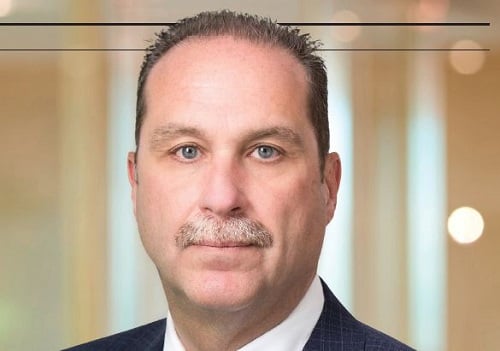Alternatives are the talk of the town but industry veteran outlines dangers of not doing proper due diligence

Alternative investments are the words on many people’s lips right now but the onus remains on investors to do proper due diligence, according to a MIC expert.
The current investigation into Fortress Real Developments Inc is a timely reminder, according to Nick Kyprianou, the president and CEO at RiverRock Mortgage Investment Corporation (whose MIC is distributed by Ninepoint Partners), of why it’s vital to do research on the business and management team.
The RCMP has launched a large-scale fraud investigation into Fortress’s fundraising efforts between 2012 and 2017. According to a Globe and Mail report, it alleges that the firm told investors that land slated for a new condo development in Winnipeg was worth three time the value cited by an independent commission.
A search warrant filed last month outlined further concerns that Fortress misled investors by overvaluing projects to raise financing. No charges have been laid as a result of the investigation, which began in 2016.
Speaking in general terms about the risk of chasing returns through alternative investment vehicles, Kyprianou said investors must be comfortable with what they are ploughing their hard-earned savings into. This means “lifting up the lid” and making sure you are happy with the company's structure.
He told WP: “If you are looking at an alternative type of fund, whether it’s a MIC or a venture capital fund or whatever type of fund, you really have to look at their manager. What’s their experience? What’s their track record? What have they done in the past? You really want someone who has seen the ups and down and has run an organization; that’s the key. The manager’s experience is critical is choosing the investment vehicle.”
With monetary policy tightening and volatility returning to equities, many investors are searching for appropriate funds that have little correlation to the markets.
Kyprianou said entrusting your savings with the right person is a priority and added that after three decades, he is able to tell clients he has seen it all.
He said: “I went through the early 90s when values dropped 25% and commercials dropped 50%. I’ve been doing this 30 years and I’ve seen lots of crap happen. For the first 10 years I was in the business I thought I’d picked a lemon – I just saw one bad thing happen after the other. [But] you learn way more from mistakes. I would have left the business but I didn’t know how to do anything else!”
With the stress test now entrenched and a reversal unlikely as regulators try to keep a lid on the housing market, Kyprianou believes MICs are a good investment option for a portfolio diversifier. He admits that raising capital is a challenge for some funds, although not his.
He said: “I think MICs are a good investment. If you research your manager and you research what you are lending on, it’s a nice diversifier for your portfolio. I talk to some MICs and they are having challenges raising capital. We’re not. We’re very lucky, we have a lot capital.”
He added: “It’s a good diversifier because you getting a decent rate. If you put money into a GIC, what do you get? 1-1.5%? 2%? MICs are paying anywhere from 6-9% so it’s a much better return and most of the MICs out there are RRSP or TFSA eligible on top of that, so it’s better than throwing money into a GIC or a bond.
GICs vs mutual funds: what makes them similar and different, and which should you invest in? Read more here.
“There are a lot of alternative investments out there but it’s hard for people to find these investments.”
For homebuyers and people looking to real estate for retirement planning, Kyprianou backs MICs as a quicker solution with fewer hoops to jump through. In some instances, he said RiverRock has witnessed how the new mortgage rules have caught buyers out and left them in a bind.
He said: “A lot of people bought homes pre-construction and they had a substantial amount of money down. We’ve seen deals where people have $150,000 down as a deposit with the builder on a detached home pre-construction two years ago and then all of sudden they go to the bank in January and the banks says they no longer qualify. The bank then says they will lose their deposit if you don’t close in a week.
“At least MICs can come to the table and close these deals and give people the opportunity not to lose their deposit. So they pay a little extra rate and they pay a bit of a fee but it’s better than losing their deposit [and house].”



